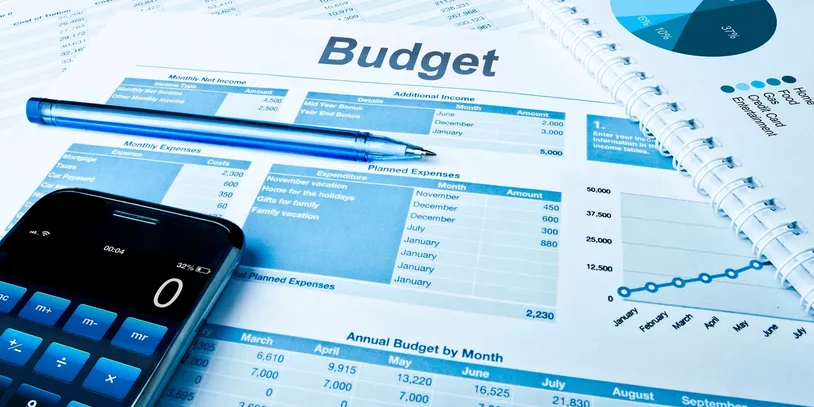As we head into 2025, it’s important to have a clear understanding of your financial situation. Start by looking at your income and expenses. Track your spending to determine where you can cut back and where you can save and invest more. Financial awareness will help you gain more control over your finances so you can make the right decisions throughout the year.
Build a Strong Emergency Fund
An emergency fund is essential for financial stability, especially during uncertain times. Try to save three to six months’ worth of living expenses. The fund can serve as a safety net for unexpected expenses, such as medical emergencies or job loss. If you don’t already have an emergency fund, make sure you start building one in 2025, even if you can only contribute a small amount at first.
Set Financial Goals for 2025
Having clear financial goals will help you stay focused and motivated throughout the year. Whether you want to pay off debt, save for a big purchase, or invest for retirement, setting specific, measurable goals can help you track your progress. Break your long-term goals into smaller, actionable steps and create a plan to achieve them throughout the year.
Create a Realistic Budget
Budgeting is one of the most effective ways to stay on top of your finances. Create a detailed budget for 2025 that includes all of your expenses and income. Consider using a budgeting app or tool to simplify the process. Track your spending and adjust your budget as needed to ensure you’re on track to meet your goals. Avoid unnecessary spending by putting your needs before your wants.
Pay Off High-Interest Debt
High-interest debt can quickly derail your financial progress. If you have a credit card balance or a high-interest loan, pay it off as soon as possible. In 2025, consider using strategies like the debt avalanche or snowball method to tackle your debt problems. Once you pay off those high-interest debts, you’ll have more money to save and invest for the future.
Invest for the Future
In 2025, make investing a priority to build wealth over time. Whether you’re contributing to a retirement fund, investing in stocks, or exploring real estate, make sure your investments align with your financial goals and risk appetite. The sooner you start investing, the more you can benefit from the power of compound interest. Consider setting up automatic deposits into your investment accounts for continued growth.
Automate Your Savings
Automating your savings is an easy way to ensure you’re always saving for the future. Set up automatic transfers from your checking account to a savings or investment account. This way, you won’t have to worry about making contributions and your savings will grow steadily without much effort on your part.
Monitor Your Credit
Your credit score plays an important role in your financial health. In 2025, check your credit report regularly to make sure there are no errors and that your credit score is normal. If you still have debt, focus on paying it off to improve your credit score. A good credit score can help you get better interest rates on loans and credit cards, which will ultimately save you money.
Stay financially literate
Financial literacy is a lifelong journey. In 2025, make sure you learn more about personal finance, such as budgeting, investing, taxes, and retirement planning. Stay up-to-date on financial trends and adjust your strategy as needed. Consider reading books, attending seminars, or following reliable financial blogs to continue learning.
Diversify your income sources
To increase your financial security, consider diversifying your income sources in 2025. If you rely on just one job or source of income, you may be vulnerable to job loss or economic changes. Look for ways to generate passive income, such as through investments, real estate rentals, or a side job. Multiple sources of income provide financial flexibility and reduce dependence on a single salary.
Finally
To manage your money in 2025, you need a proactive and strategic approach. Start by taking stock of your financial situation, setting clear goals, and creating a budget. Build an emergency fund and focus on paying off high-interest debt.


